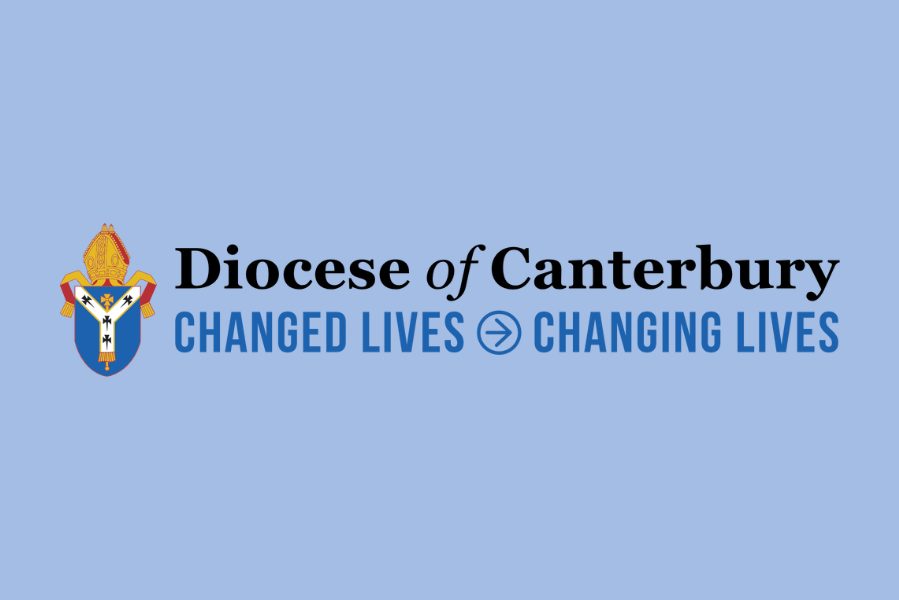The Diocese of Canterbury is committed to safeguarding as an integral part of its ministry and mission, promoting a safer culture and the welfare of every child, young person and adult.
Alongside the wider Church of England, we will:
- Promote a safer environment and culture
- Safely recruit and support all those with any responsibility related to children and vulnerable adults within the Church
- Respond promptly to every safeguarding concern or allegation
- Care pastorally for victims/survivors of abuse and other affected persons
- Care pastorally for those who are the subject of concerns or allegations of abuse and other affected persons
- Respond to those who may pose a present risk to others
Explore our safeguarding pages using the icons below:








